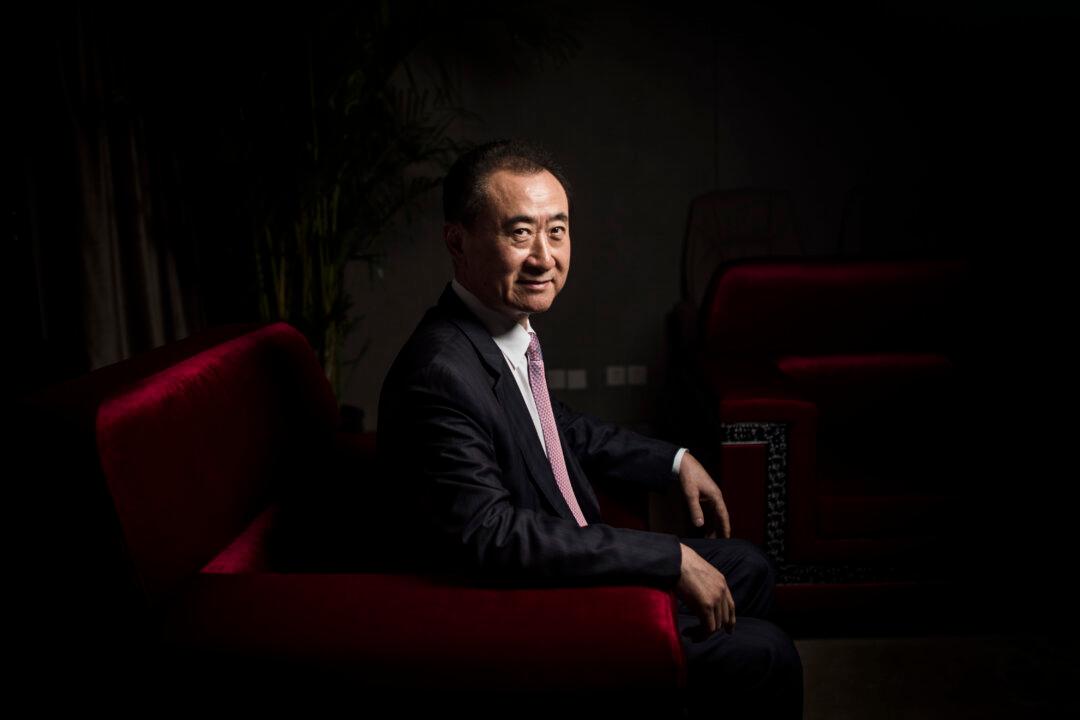The Chinese regime’s growing influence over Hollywood is different from the rise of any other power in any industry. It is not being done through quality products or national innovation with which other nations can compete.
Instead, in its takeover of Hollywood, the Chinese regime is using methods that may violate laws in the United States and under the World Trade Organization (WTO).
Through this, it is competing on ground that has pushed out the other players, and through its own laws, granted itself the ability to alter the films being made to better fit its own political controls.
The biggest player in China’s new Hollywood is Wang Jianlin, chairman of the Wanda Group. Chinese state media announced on Nov. 3 that Wang will establish a multibillion-dollar investment fund to invest in all six major Hollywood studios.
Wang already owns AMC Entertainment, Legendary Entertainment, and the Golden Globes through Dick Clark Productions, and is in the process of building what will become the world’s largest film studio, in northeast China.
It’s illegal in the United States for a movie studio to also own a major theater chain. This was found to violate anti-trust laws, under the Supreme Court’s 1948 ruling in United States v. Paramount Pictures, Inc.
By owning a major U.S. theater chain in addition to chains elsewhere in the world, and by owning and trying to buy even more major film studios, Wang is doing something that no other Hollywood power broker would likely be allowed to do.






